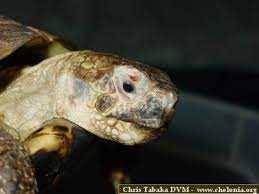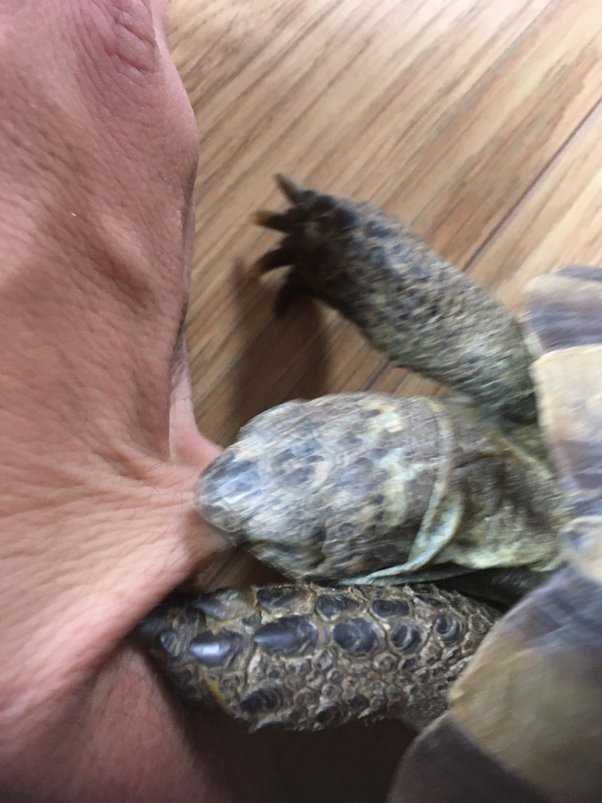
Can Russian Tortoises Bite?
If a Russian tortoise feels threatened, it may try to protect itself by biting. However, their bites are usually not very strong and rarely cause any serious harm. In most cases, a bite from a Russian tortoise may feel more like a pinch or a nip than a true bite.
Why Do Russian Tortoises Bite?

Factors that may lead to a Russian tortoise biting include:
- A sudden loud noise or movement that startles the tortoise
- Being handled too roughly or aggressively
- Feeling trapped or cornered
Tips for Handling Russian Tortoises
Here are some tips to ensure a positive and safe interaction:
- Approach them slowly and calmly to avoid startling them
- Use gentle movements and avoid any sudden jerks or quick motions
- Support their underside when lifting them to avoid causing discomfort
- Give them plenty of space and avoid overcrowding
- Never force them to do anything they don’t want to do
Why do Russian Tortoises Bite?
There are several reasons why Russian tortoises may resort to biting. One of the common reasons is stress or fear. When these tortoises feel threatened or uncomfortable, they may lash out by biting as a defense mechanism.
Another reason for their biting behavior could be hunger. Russian tortoises have a relatively strong bite force, and when they are hungry, they may mistake fingers or other objects for food and attempt to bite them.
Lastly, Russian tortoises may bite out of territorial aggression. These reptiles have a natural instinct to establish a territory and protect their space. If they feel their territory is being invaded, they may bite as a way to defend it.
How to Prevent Biting
While Russian tortoises may have a tendency to bite, there are steps you can take to prevent this behavior:
1. Providing a comfortable environment: Ensure that your tortoise has a suitable enclosure with hiding spots and a proper temperature gradient. A comfortable tortoise is less likely to feel stressed or threatened.
2. Avoiding sudden movements: Sudden movements can startle Russian tortoises and trigger a defensive response. When handling them, do so slowly and gently, allowing them to adjust to your presence.
3. Feeding them regularly: Keeping your tortoise well-fed is essential to prevent hunger-induced biting. Provide a balanced diet that includes a variety of leafy greens, vegetables, and occasional fruits.
4. Respect their space: Avoid invading the tortoise’s territory unnecessarily and give them enough room to explore and move around without feeling threatened.
Conclusion

I’m Lena Adams—a product of an unconventional upbringing in the African wilderness. My father, a daring explorer of African wildlife, sparked my fascination with reptiles, a passion that intertwined with the tragic loss of my mother during an expedition, leaving an indelible mark on my life. Driven to understand the creatures that captivated my parents, I embarked on my journey, sharing insights about reptiles, frogs, and lizards on my website. Through my explorations and conservation efforts, I honour my family’s legacy while seeking connections—to the creatures, nature, and the mother whose presence I yearn to understand.
